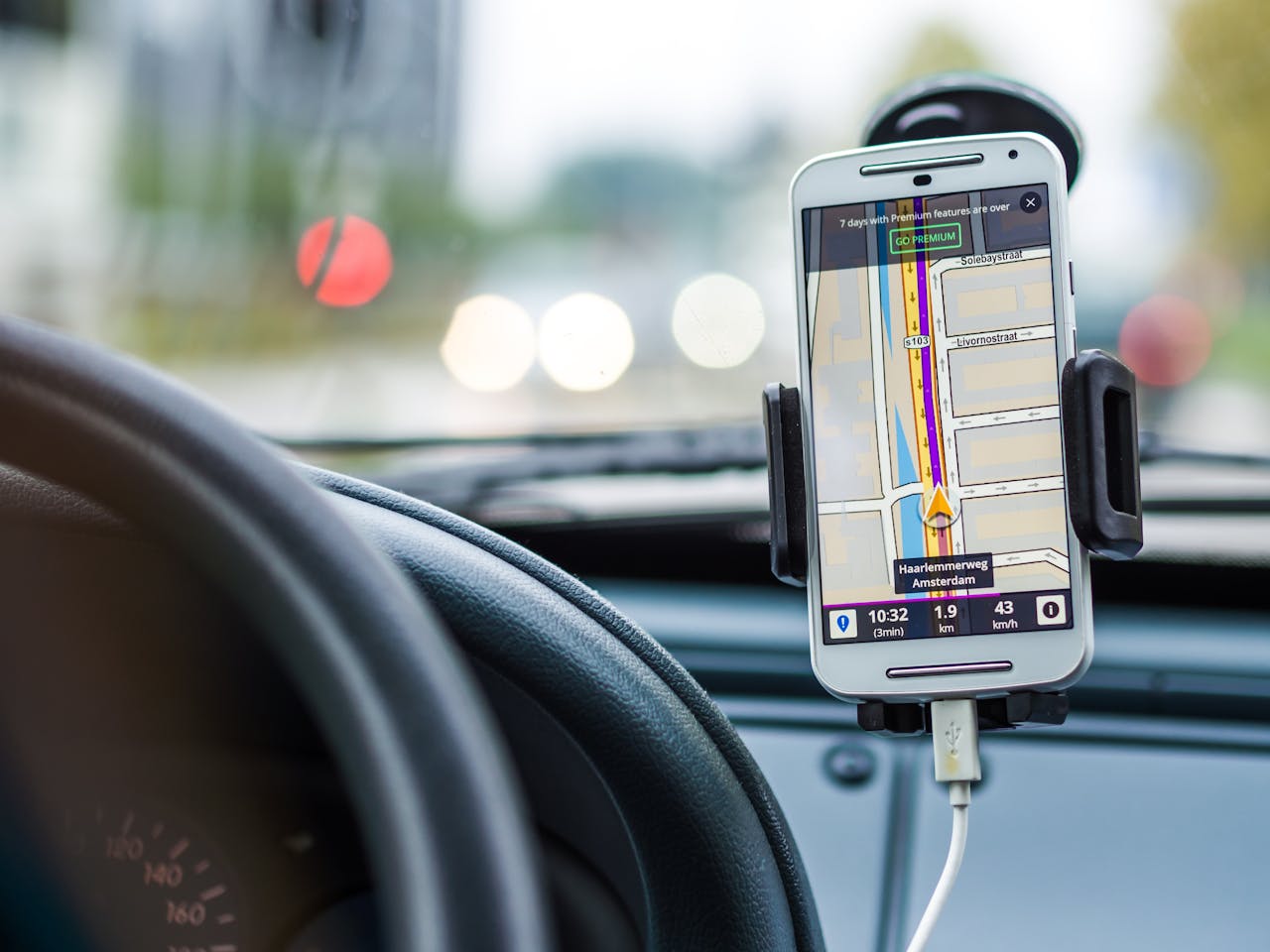Home Business Magazine Online
Ridesharing services have changed public transportation. Instead of following fixed bus or train routes, you can request a ride when you need one. Even car owners will hail an Uber or Lyft when driving isn’t an option. So what happens when rideshare accident claims occur?
As a passenger, you trust your rideshare driver to get you safely to your destination. But when a motor vehicle accident suddenly occurs, you are left injured, in emotional distress, and facing medical bills and a long recovery time. And if you’re self-employed, things become even more complicated. Without an employer to provide workers’ compensation or paid leave, an accident can impact your income and livelihood.
So, how do you protect yourself financially from rideshare accident claims?
Coverage as a Rideshare Passenger
Rideshare companies are required by state law to provide liability insurance for their drivers. This also extends to passengers. But the insurance coverage available to you depends on what the driver was doing when the crash happened.
| Driver/App Status | What This Means | Coverage Available (1) (2) |
| Offline (app is OFF) |
The driver is using their car for personal reasons, not rideshare work. | No rideshare coverage.
Only the driver’s personal auto insurance applies (which may deny the claim). |
| Accepting rides (app is ON) |
The driver is online and awaiting a ride request. | Limited coverage:
● Bodily injury: USD$50,000 per person / USD$100,000 per accident ● Property damage: USD$25,000 per accident Note: Lyft offers slightly lower limits in Arizona and Nebraska |
| Pickup and trip (app is ON) |
The driver has accepted your ride request and is either on the way to pick you up or actively transporting you. | Full coverage:
● Up to USD$1 million for injuries and damages ● Uninsured/underinsured motorist coverage (varies by state) Note: Maryland has lower limits of USD$125,000 |
For minor injuries like cuts and bruises that occur during rideshare accident claims, these coverage limits should be sufficient. But car accidents can cause serious harm: broken bones, head injuries, long-term disabilities, or even death. Medical bills can add up quickly, and that doesn’t include lost income if you’re unable to work while recovering.
This is why talking to an experienced rideshare injury lawyer is important. They can help you figure out what your claim is actually worth and whether the insurance company’s first offer is fair. They’ll also help you go after the full compensation you’re owed for medical expenses, lost wages, and pain and suffering.
Seeking Damages as a Self-Employed Individual

As a self-employed passenger, you have the same right to seek compensation for your injuries as anyone else. However, with rideshare accident claims, proving lost income requires a bit more documentation on your part.
What You Will Need to Prove Lost Income
Unlike traditional employees who can simply provide pay slips or a letter from their employer, you’ll need to gather evidence that demonstrates your actual income loss. Here’s what can help strengthen your claim:
- Tax returns and 1099 forms showing your income history
- Client correspondence about projects and their value
- Canceled contracts that resulted from the accident
- Letters or emails showing you had to turn down work due to your injuries
- Client testimonies explaining how your injury affected their projects or timelines
The challenge here is that you’re essentially vouching for your own income, which insurance companies may view skeptically. That’s why third-party documentation, anything that comes from clients or shows concrete business losses, is especially important when filing rideshare accident claims.
Proving the Rideshare Company’s Liability
Beyond documenting your lost income, you’ll also need to establish how the accident happened and who’s responsible. The risk of an accident is high among these rides, as several studies suggest, for two reasons.
One is the need to use the ride-hailing app while driving. In a 2022 study published in Accident Analysis & Prevention, researchers discovered that the smartphone app impairs the driver’s control more than the onboard stereo, especially in an urban setting. (3)
Another is the driver’s behavior. In 2024, a joint study by the University of Illinois and Johns Hopkins Bloomberg School of Public Health discovered that the risk of vehicle accidents is higher among rideshare drivers who: (4)
- Accept and make more than ten rideshare trips daily
- Frequently drive through unfamiliar roads and areas
- Drive while exhausted
Both factors were present in some form in a personal injury lawsuit filed in Connecticut against Uber last August. The lawsuit held the rideshare company’s app liable for causing its drivers to be “chronically distracted.” (5)
Your attorney will investigate whether similar factors contributed to your accident and can be used to strengthen rideshare accident claims.
Exercise Your Rights to Just Compensation
Despite a slightly more complicated process, self-employed individuals deserve to receive damages when hurt in a rideshare accident. And because you only have one shot at doing so, it’s important to get a rideshare attorney’s help in maximizing your compensation.
References:
- “Insurance to help protect you,” Source: https://www.uber.com/us/en/drive/insurance/
- “Insurance coverage while driving with Lyft,” Source: https://help.lyft.com/hc/en-us/all/articles/115013080548-Insurance-coverage-while-driving-with-lyft
- “Distractions by work-related activities: The impact of ride-hailing app and radio system on male taxi drivers,” Source: https://www.sciencedirect.com/science/article/abs/pii/S0001457522002846
- “Work-related crashes in rideshare drivers in the United States,” Source: https://www.sciencedirect.com/science/article/abs/pii/S0022437524000069
- “Lawsuit: Uber app causes drivers to be ‘chronically distracted’ and violate traffic laws,” Source: https://www.cincinnati.com/story/news/2025/08/12/lawsuit-uber-app-causes-drivers-to-be-chronically-distracted/85610339007/
The post Rideshare Accident Claims: What Self-Employed Workers Must Know appeared first on Home Business Magazine.





